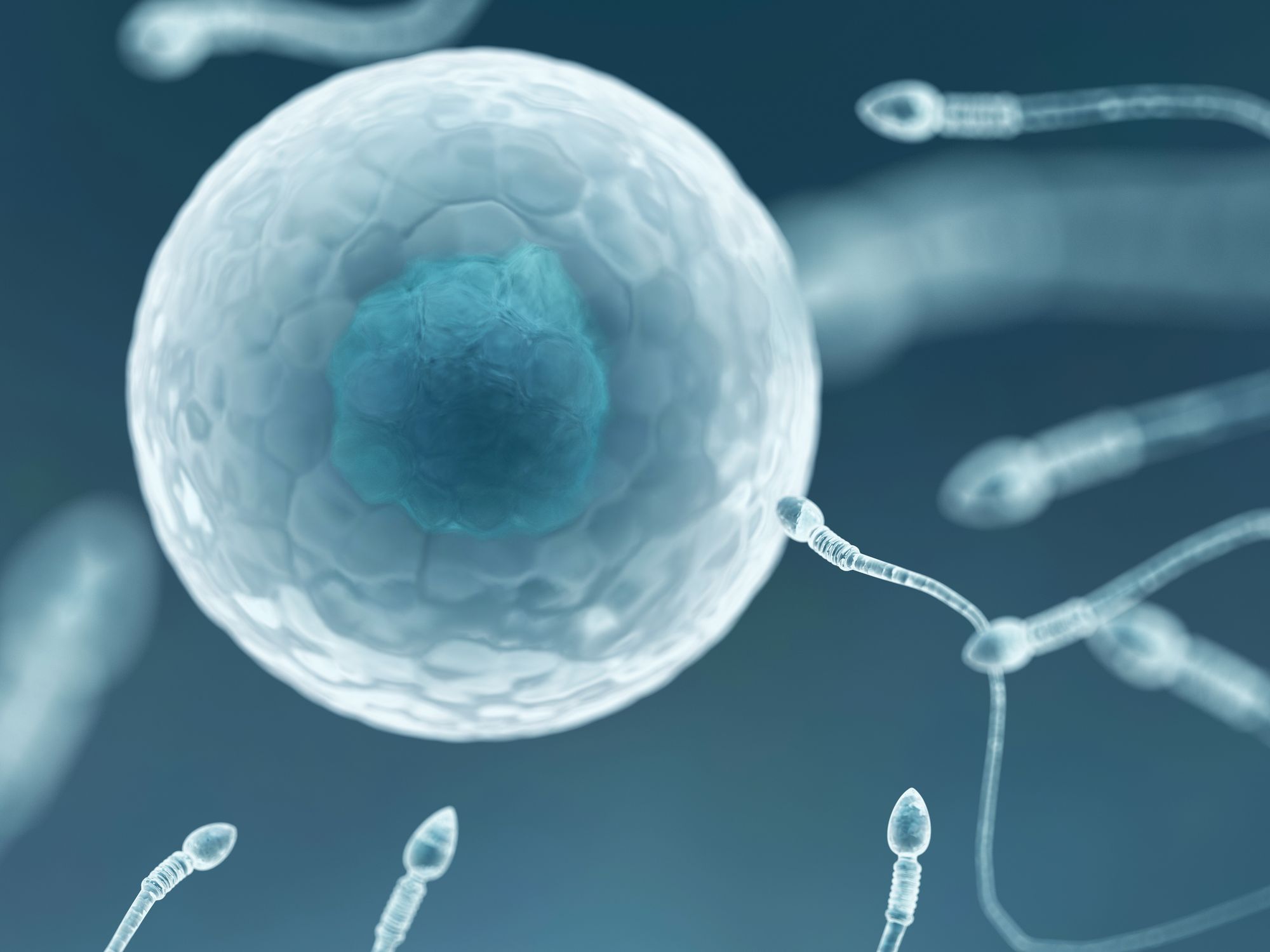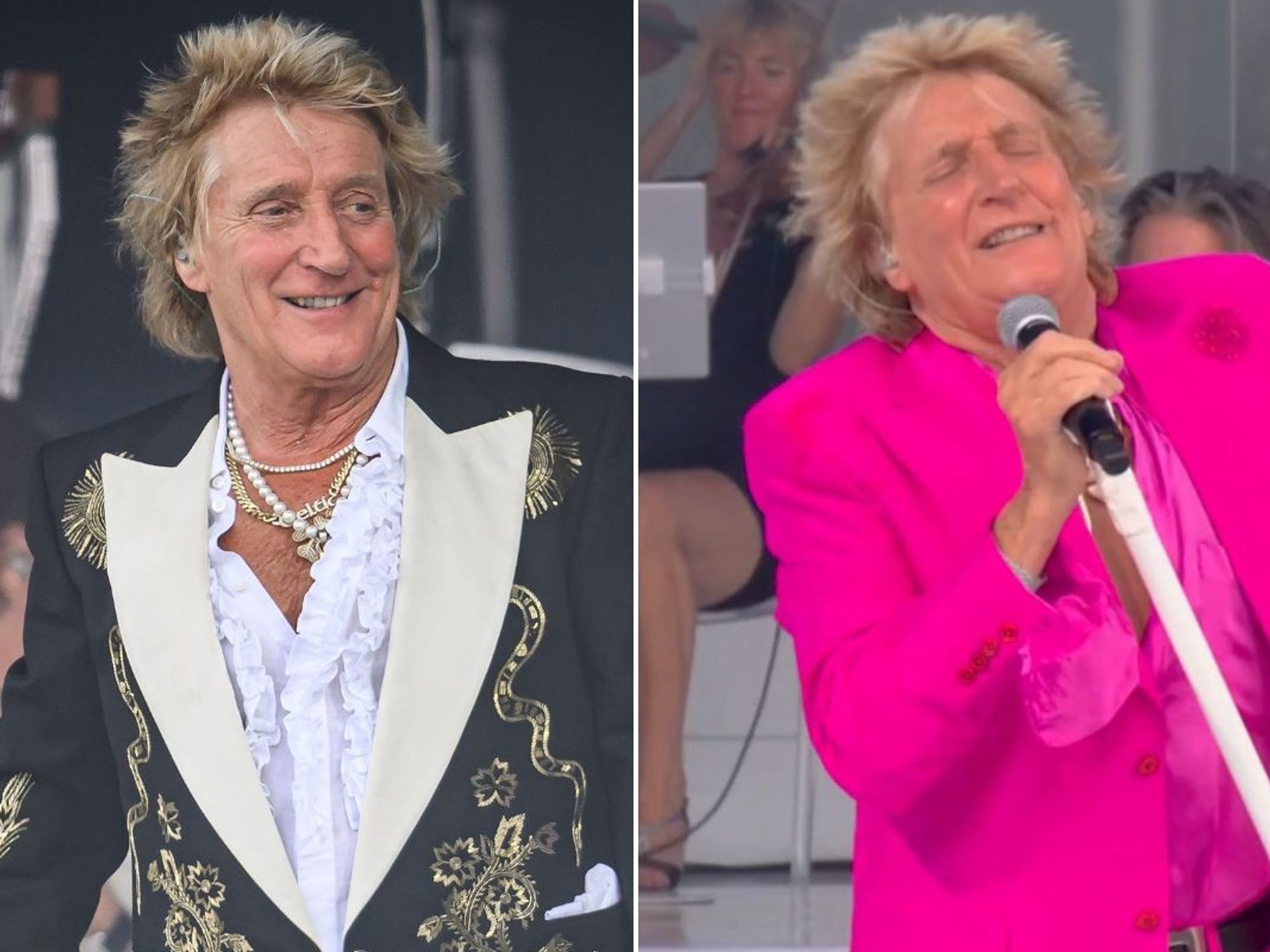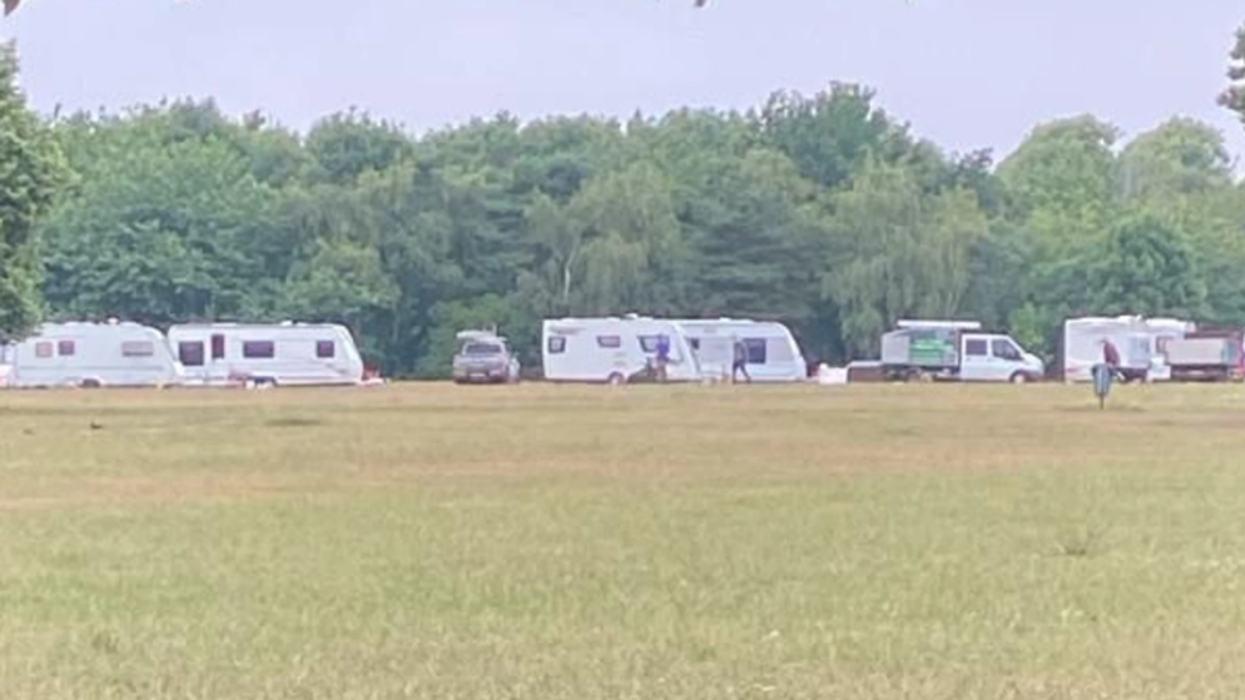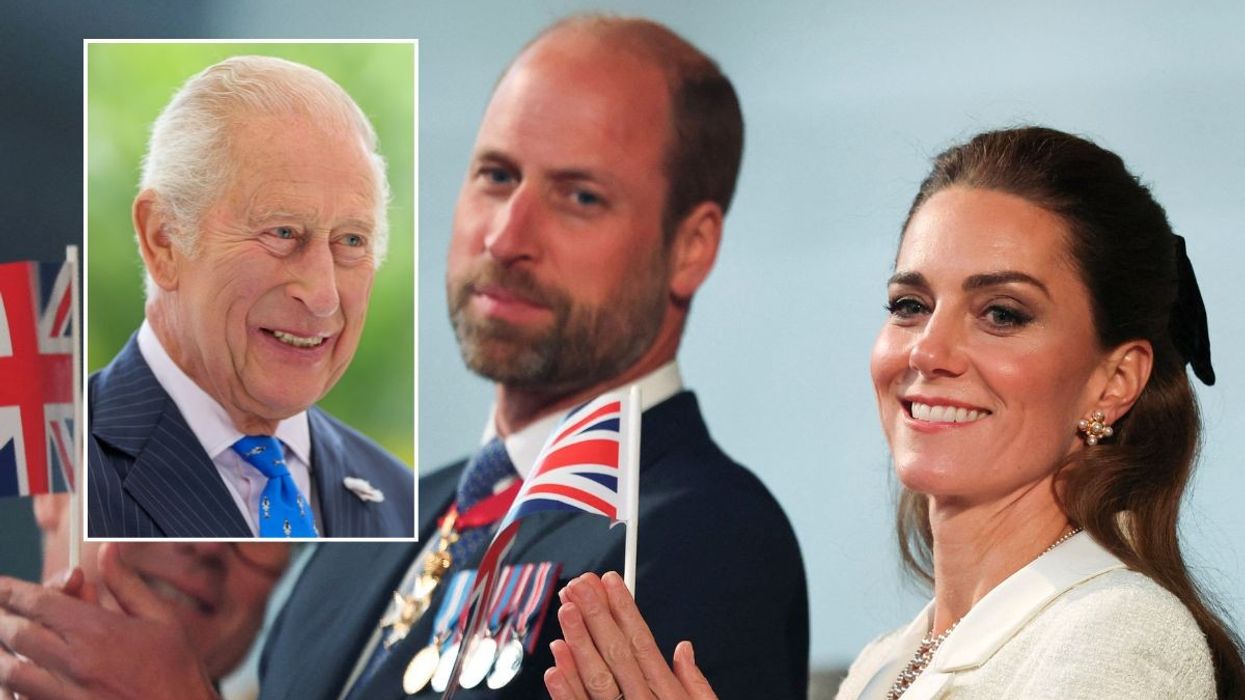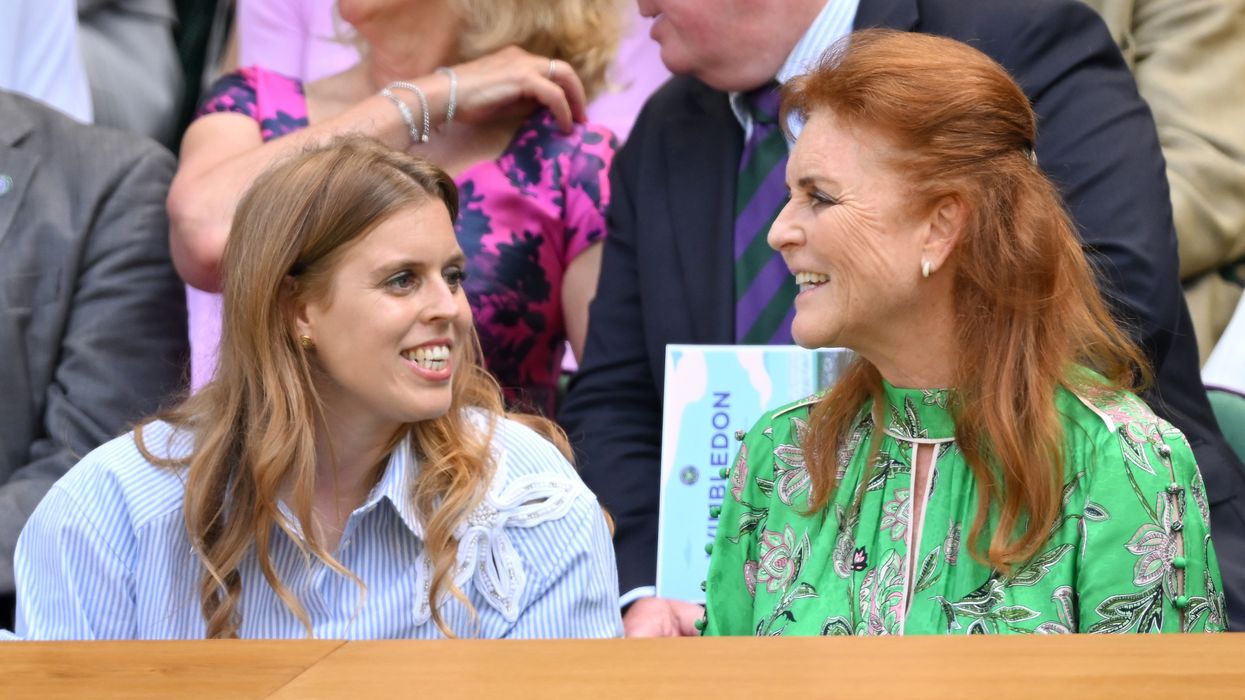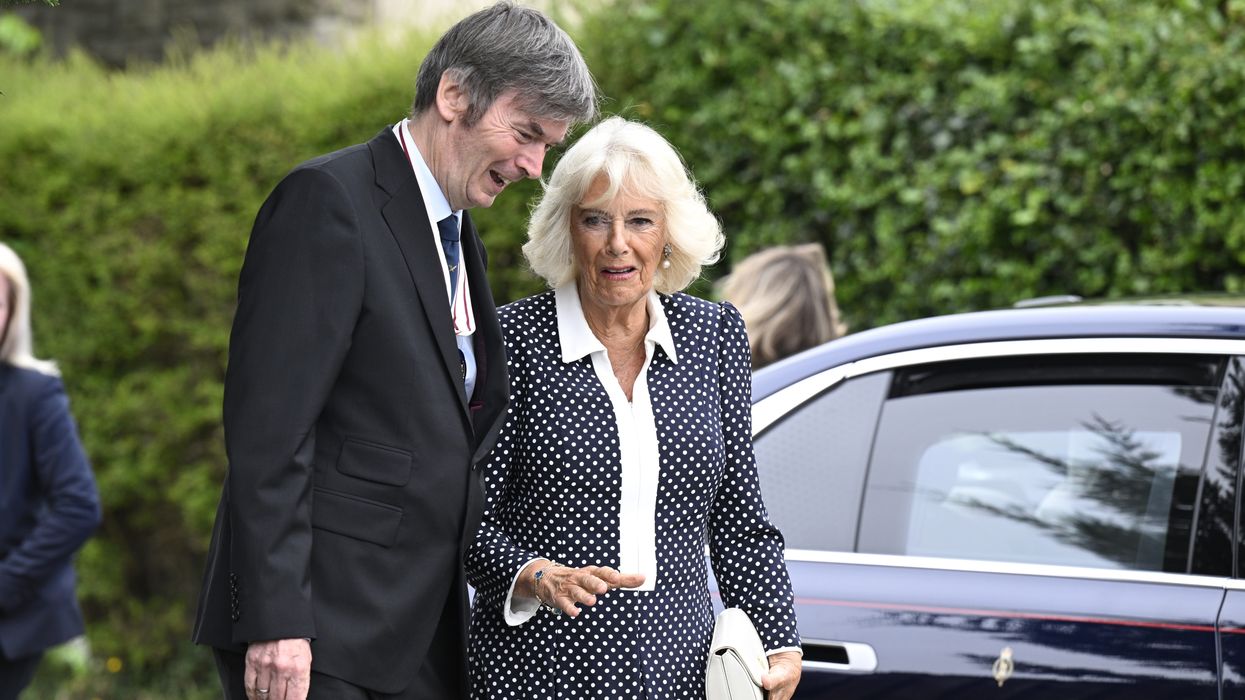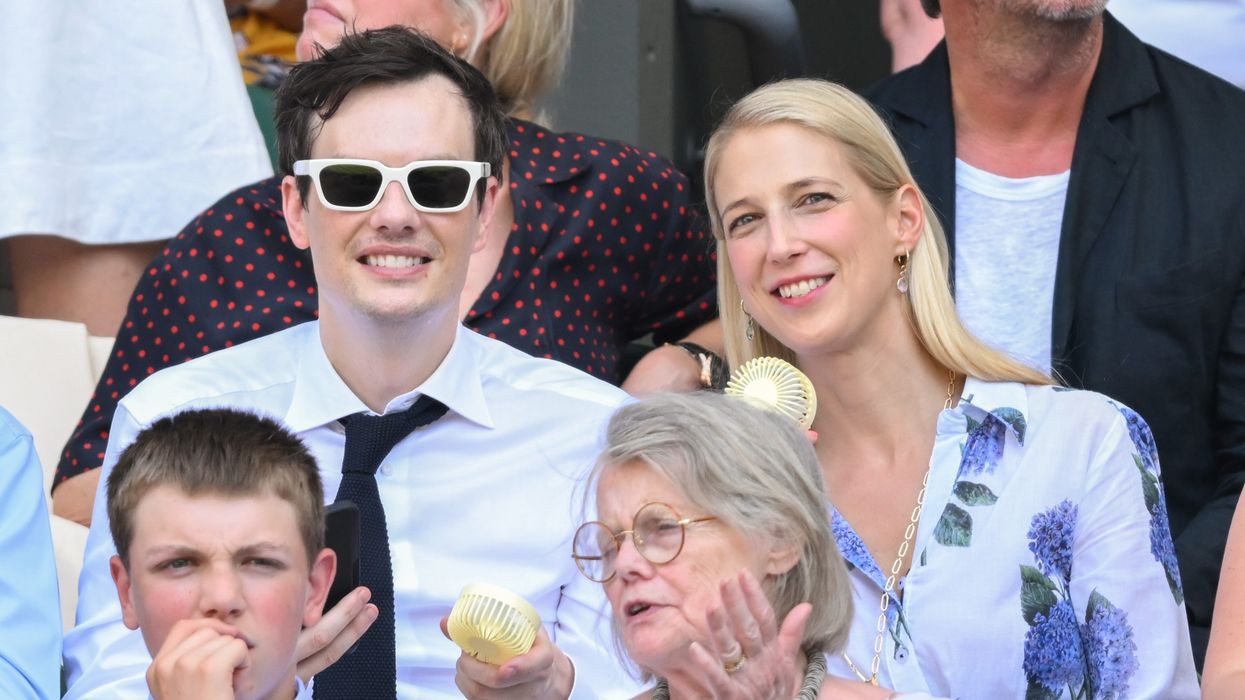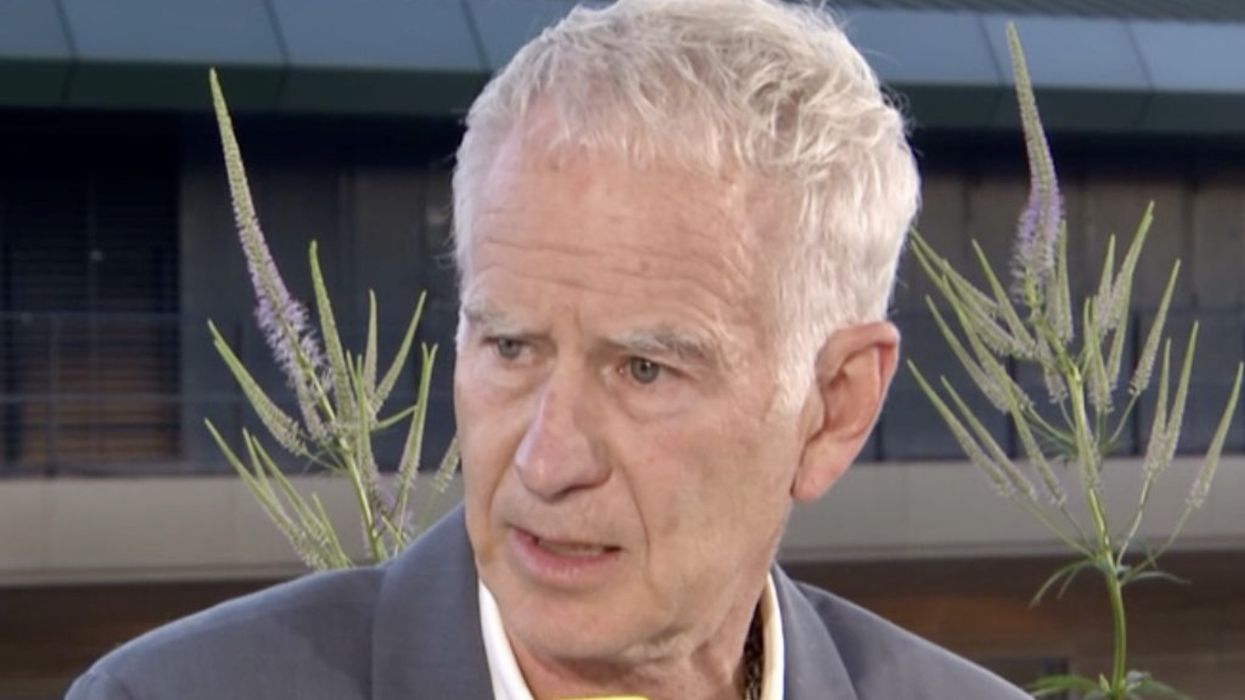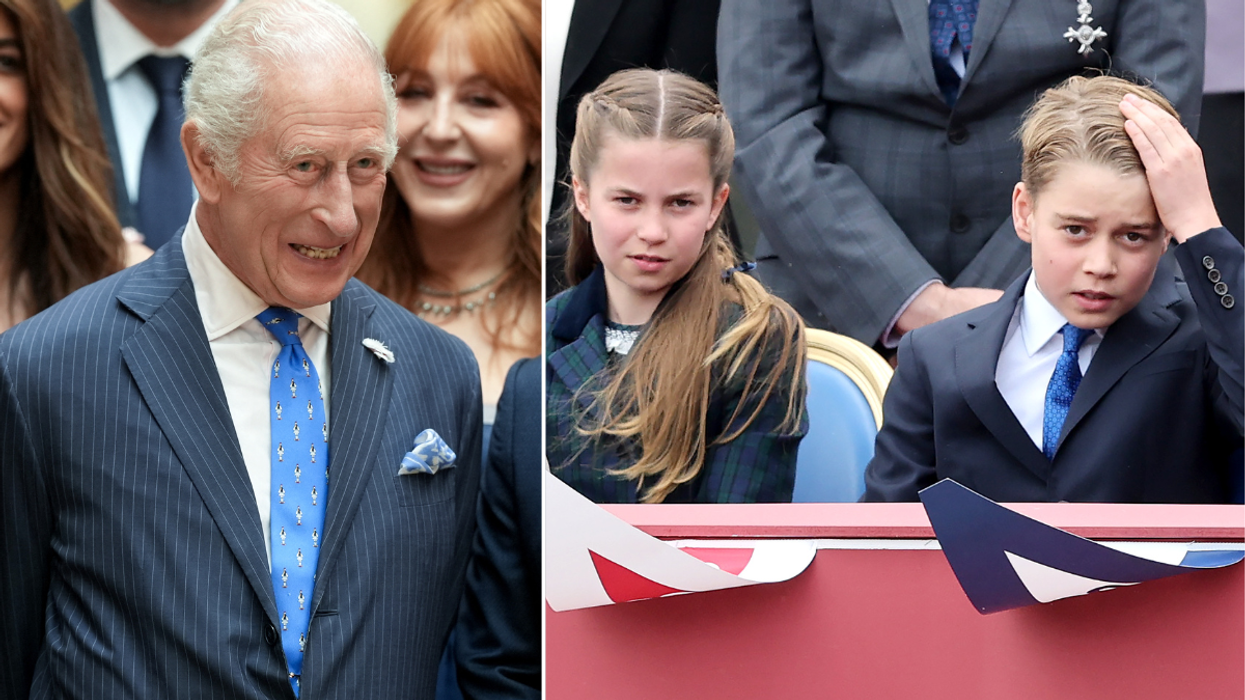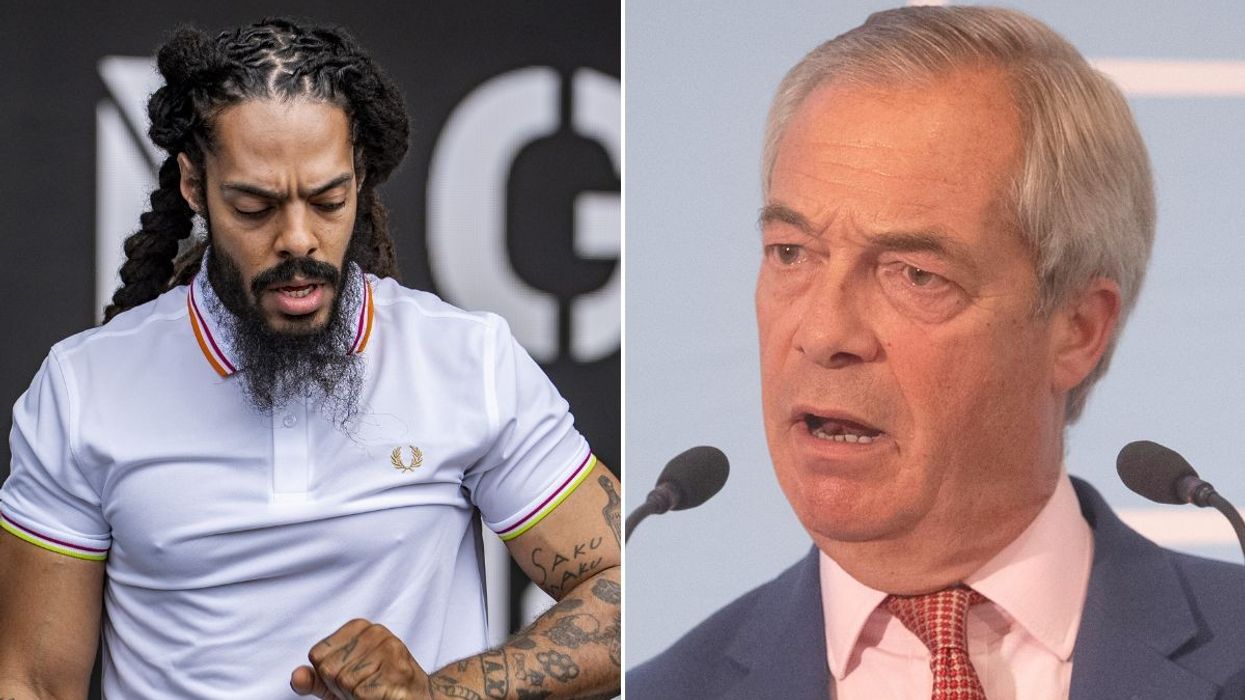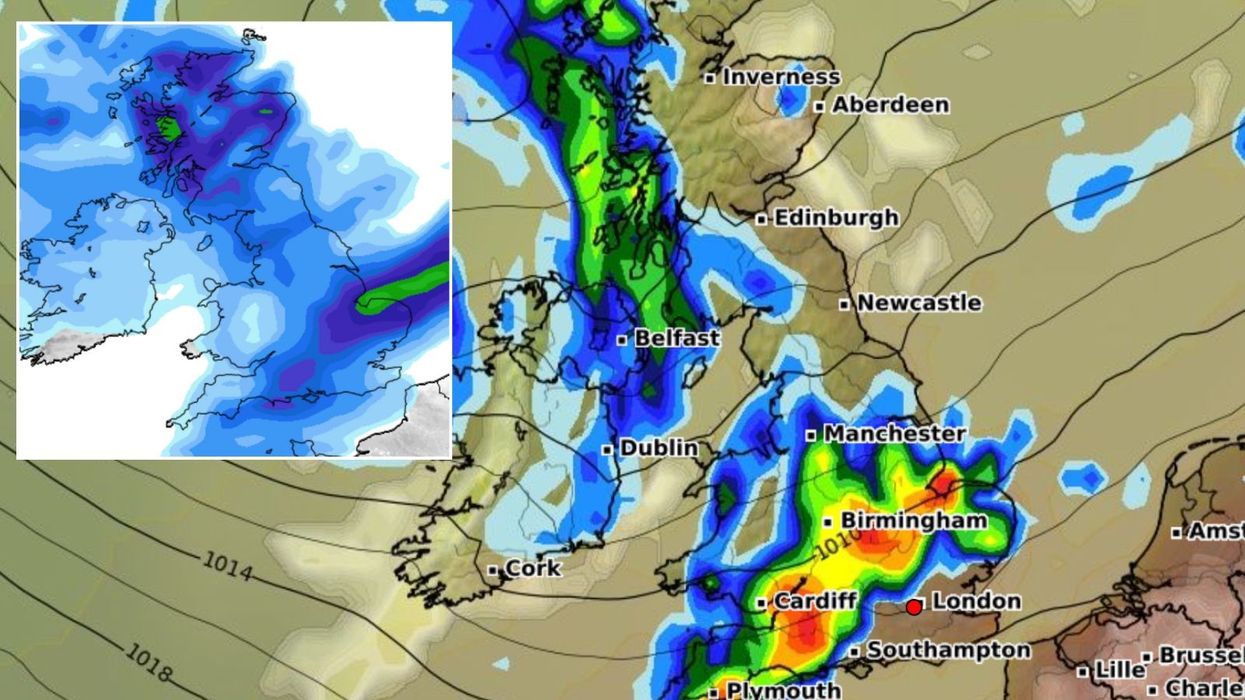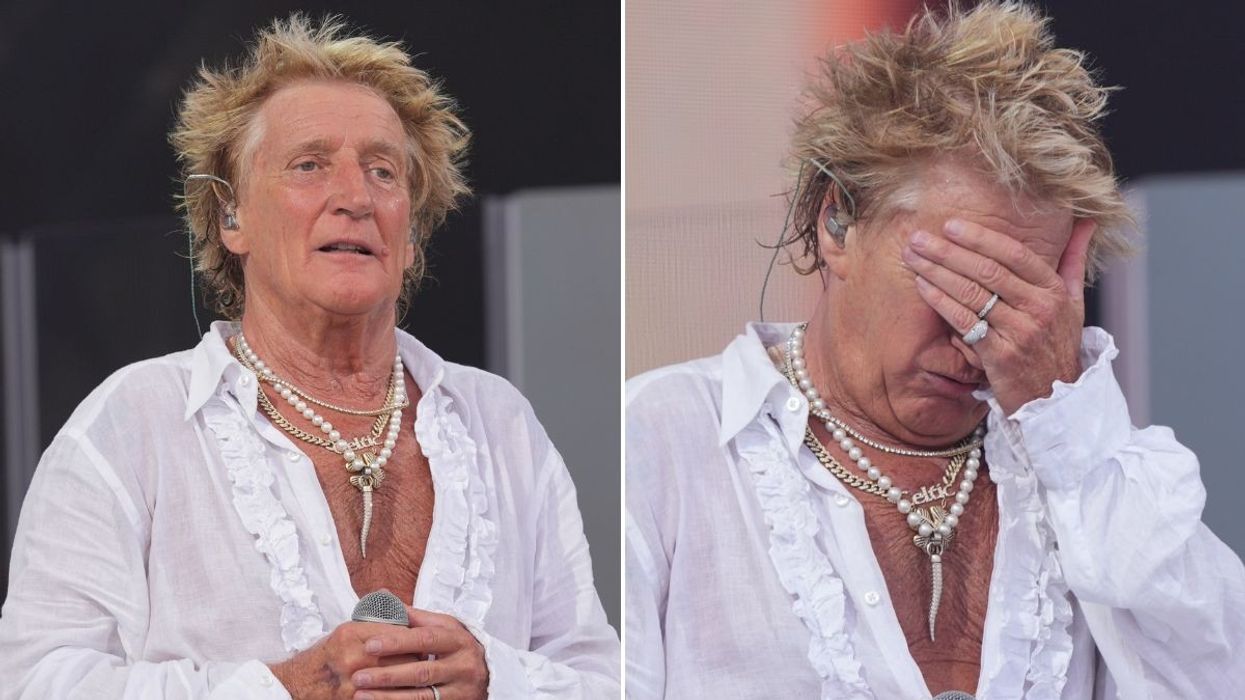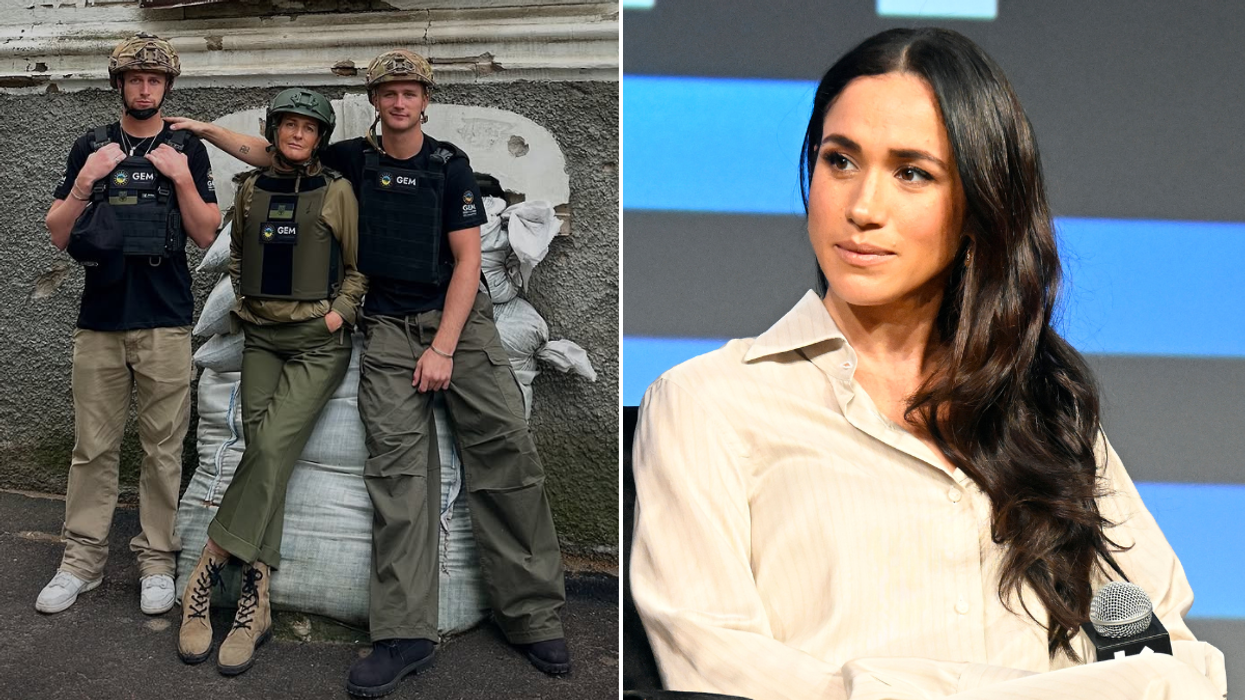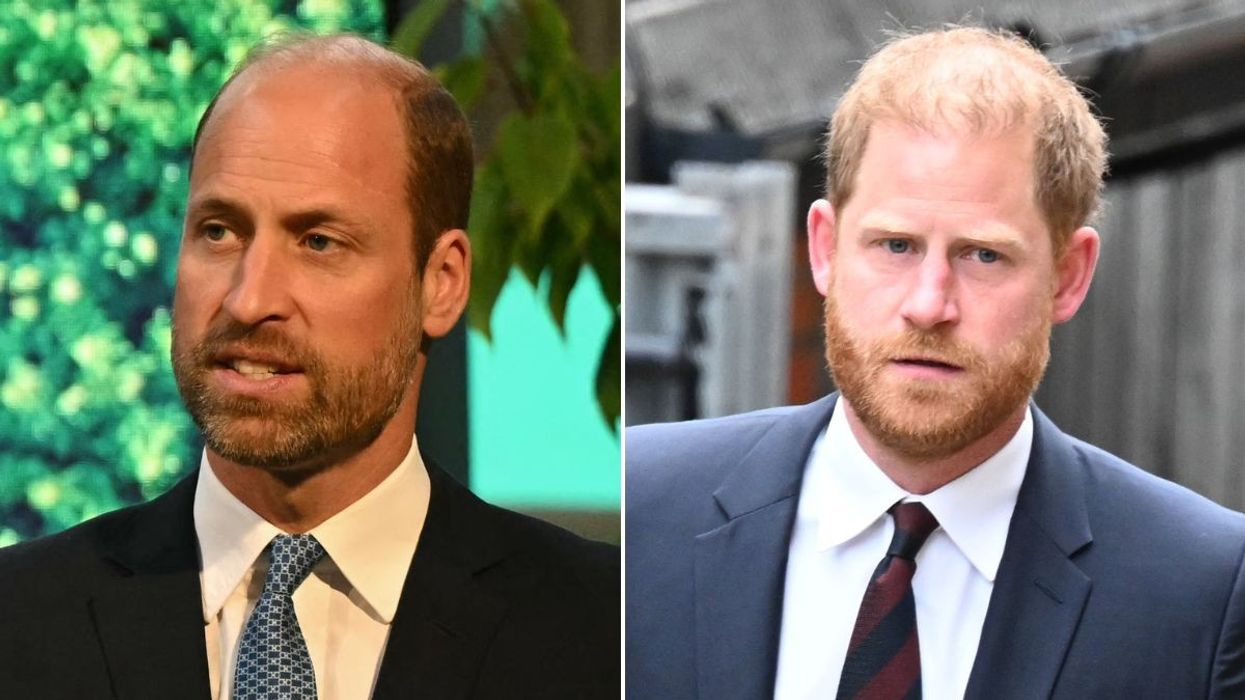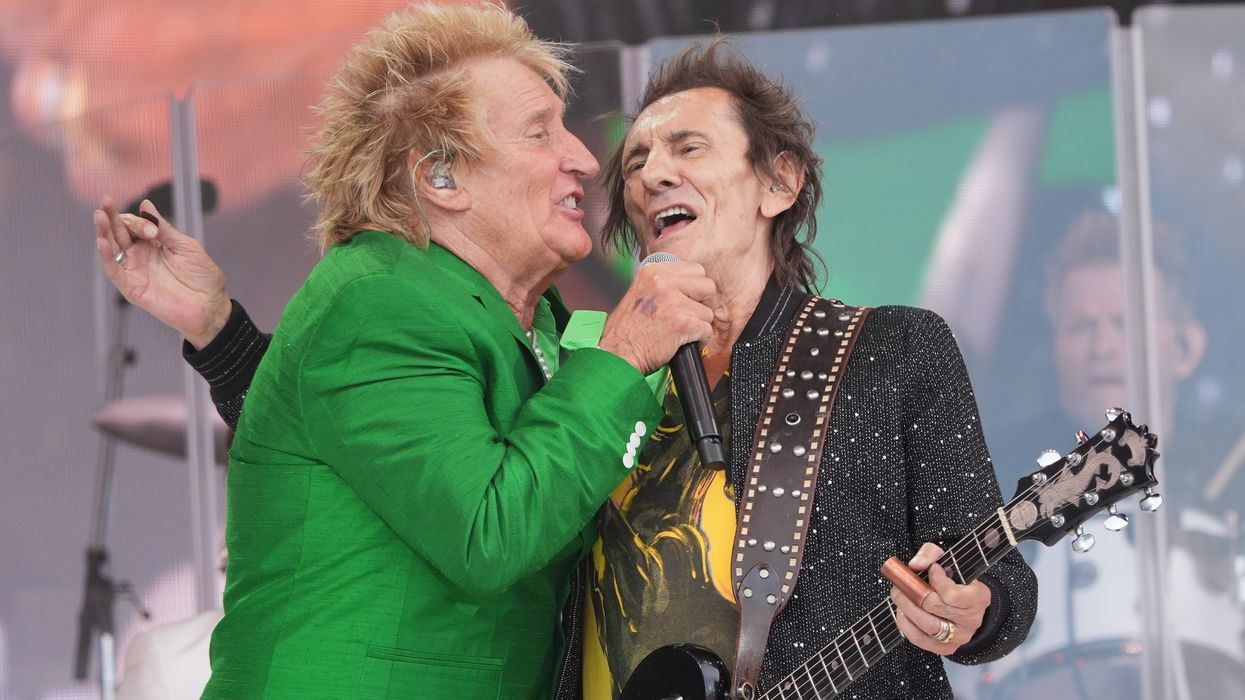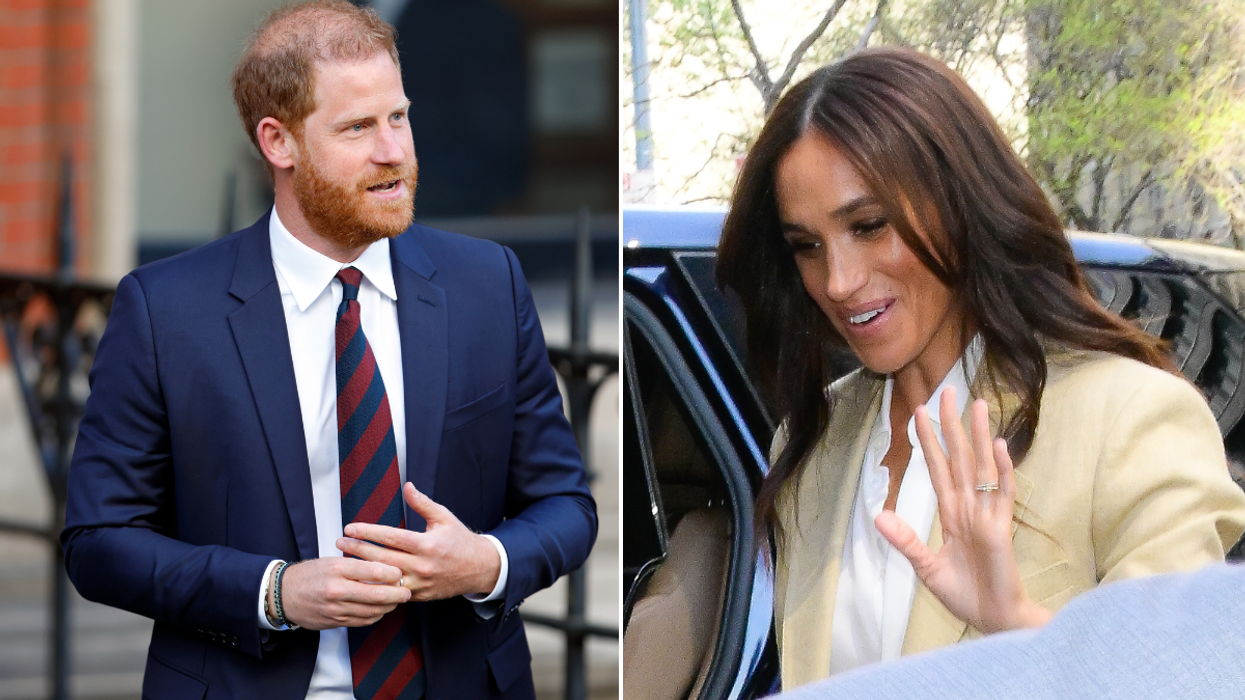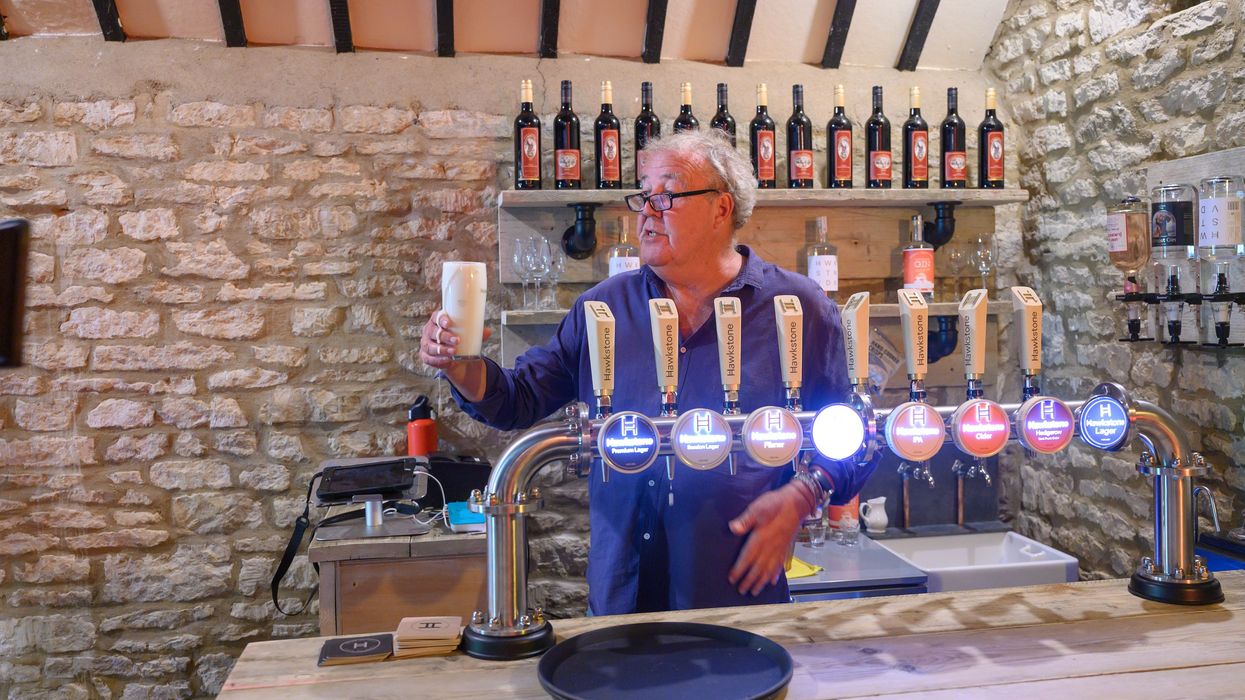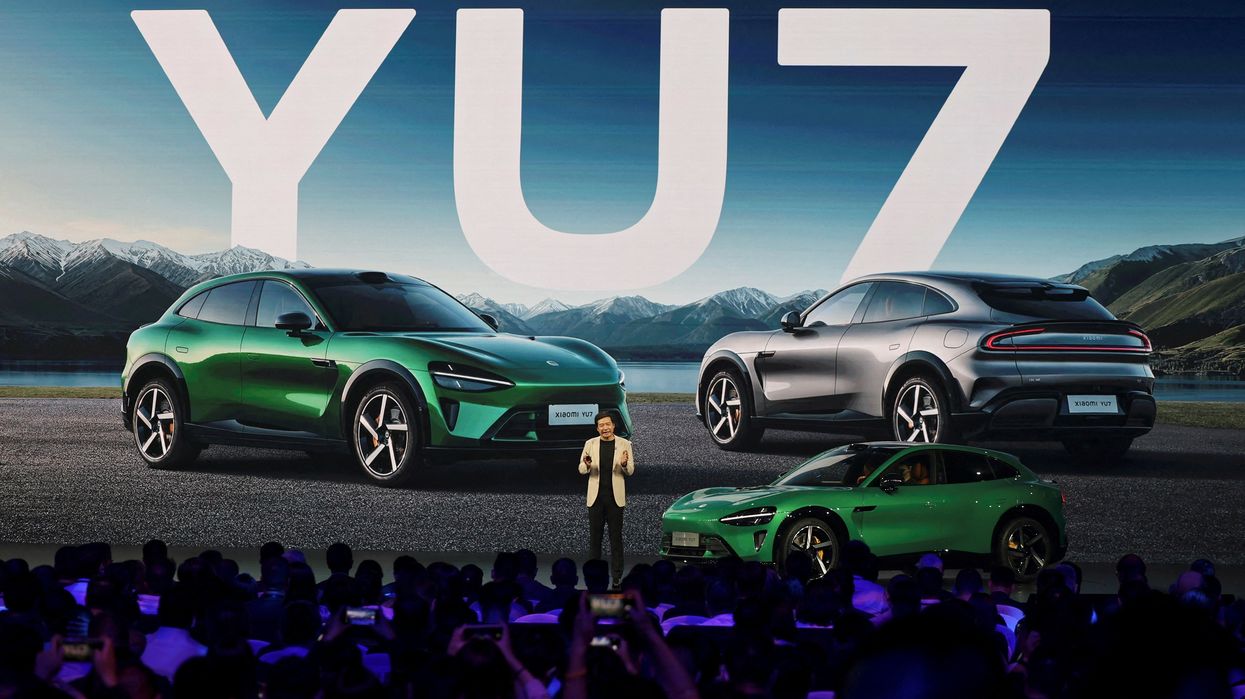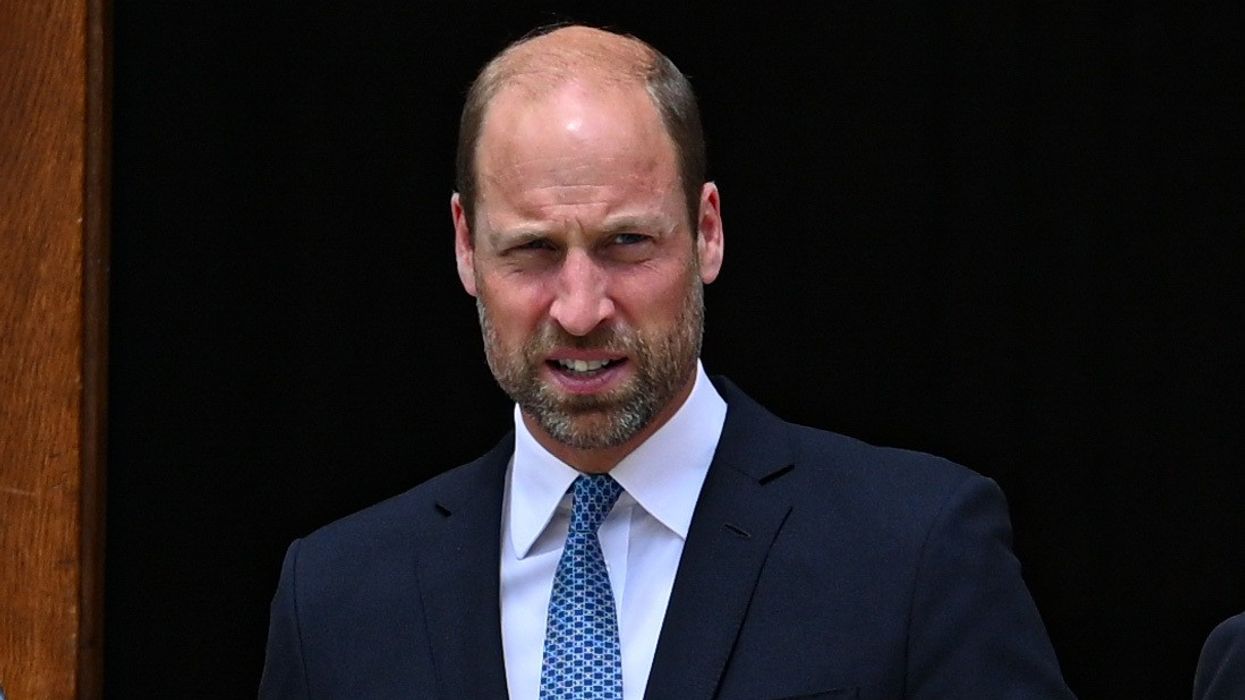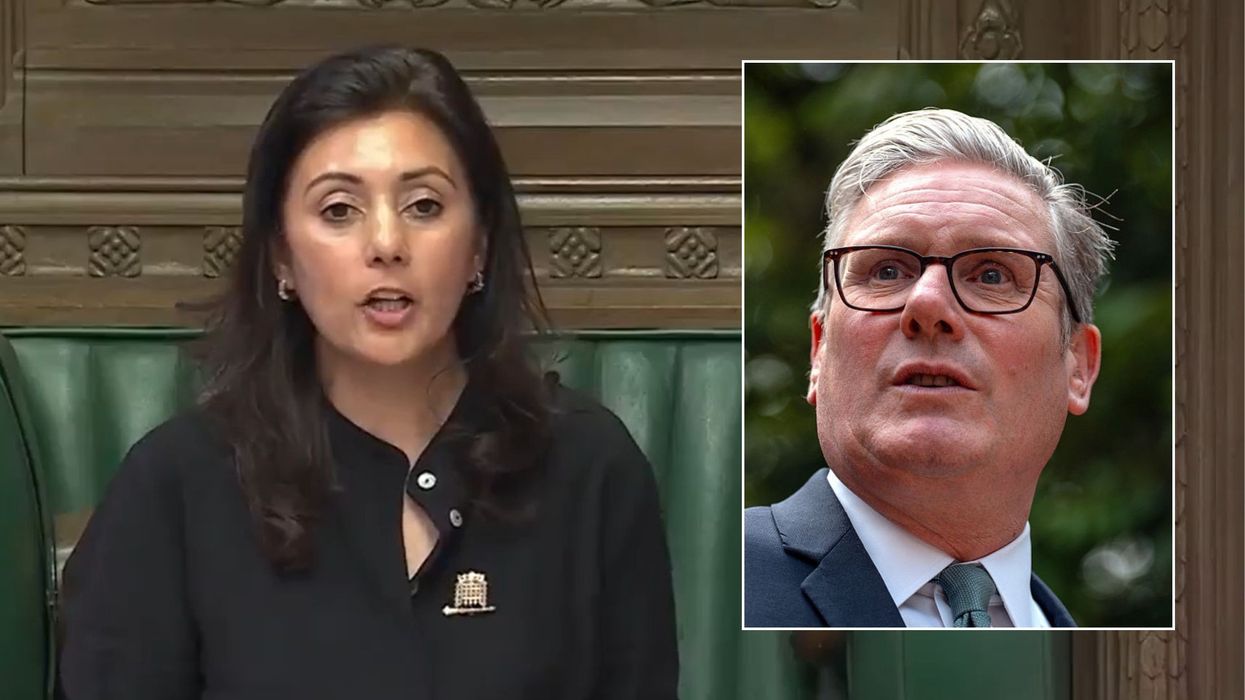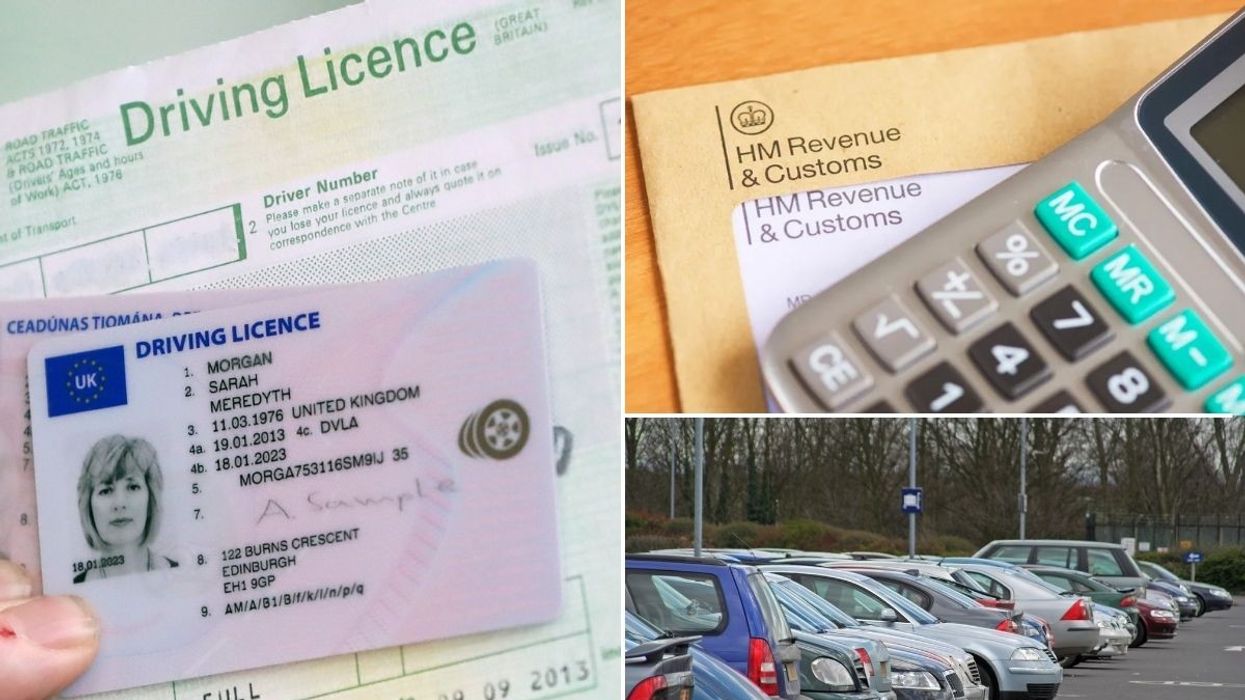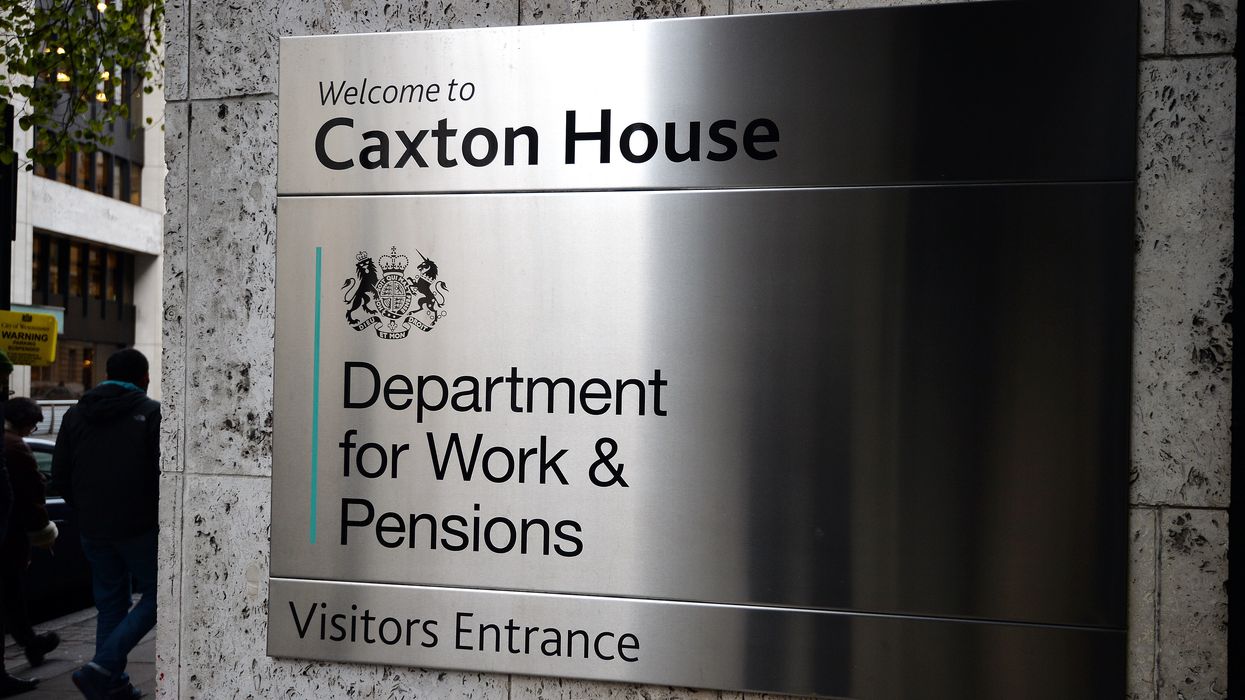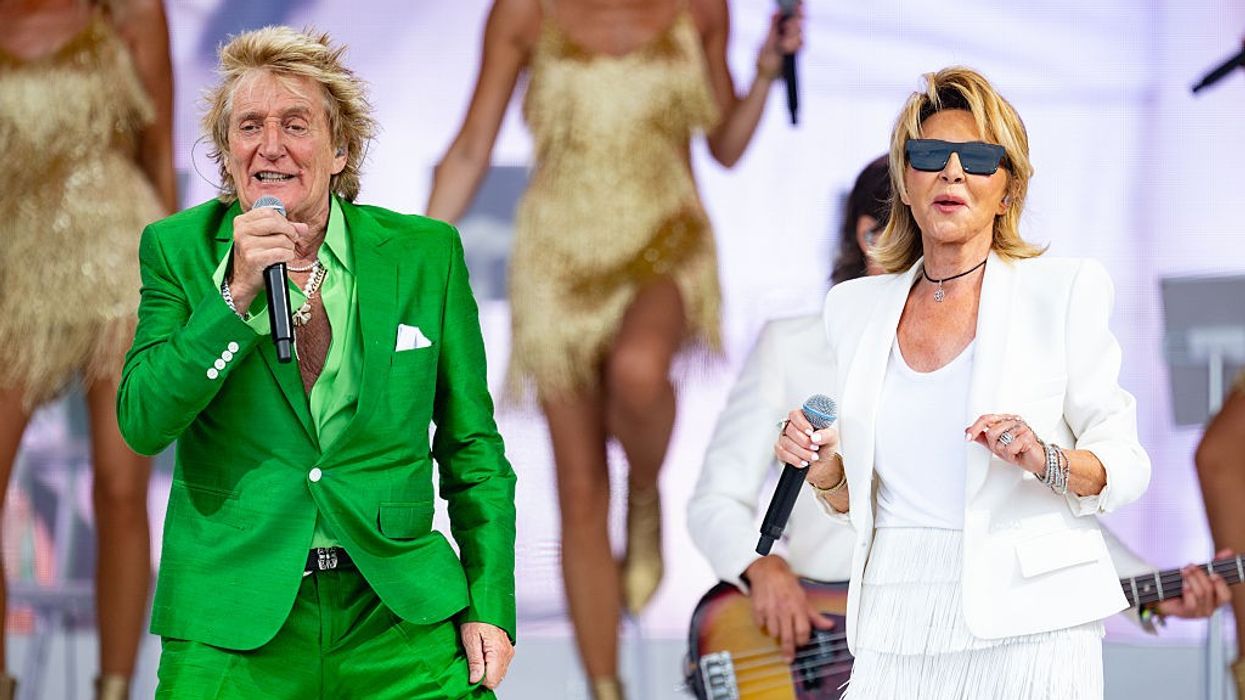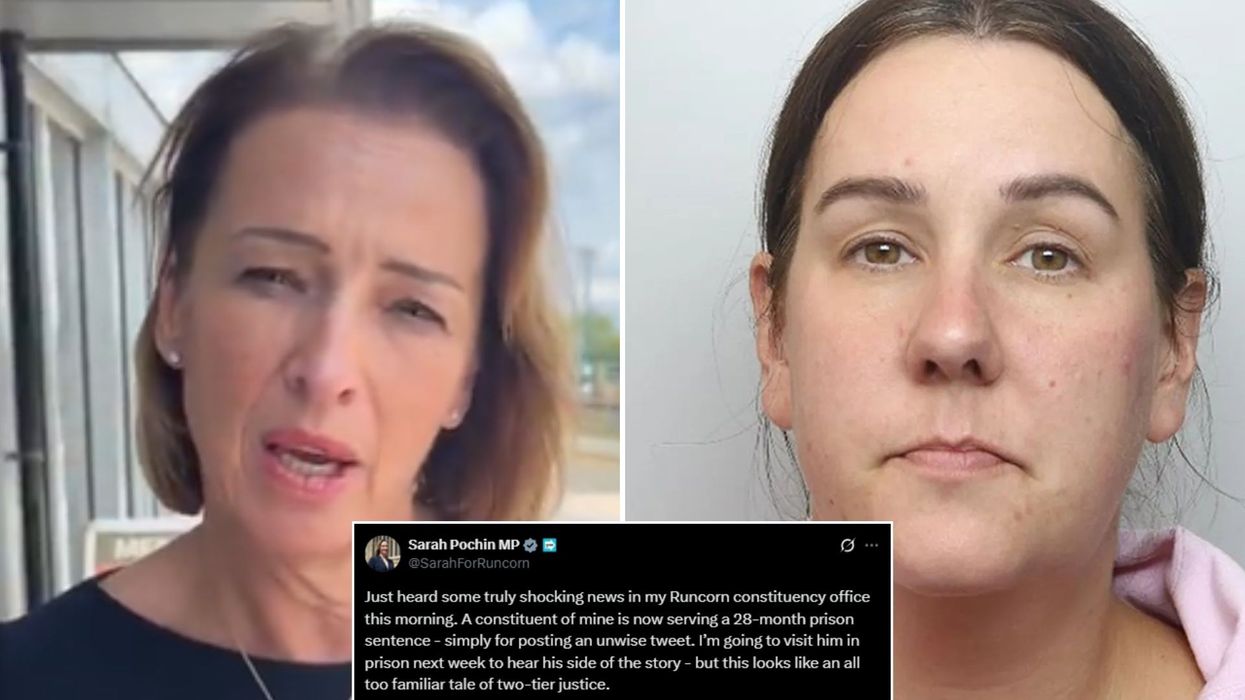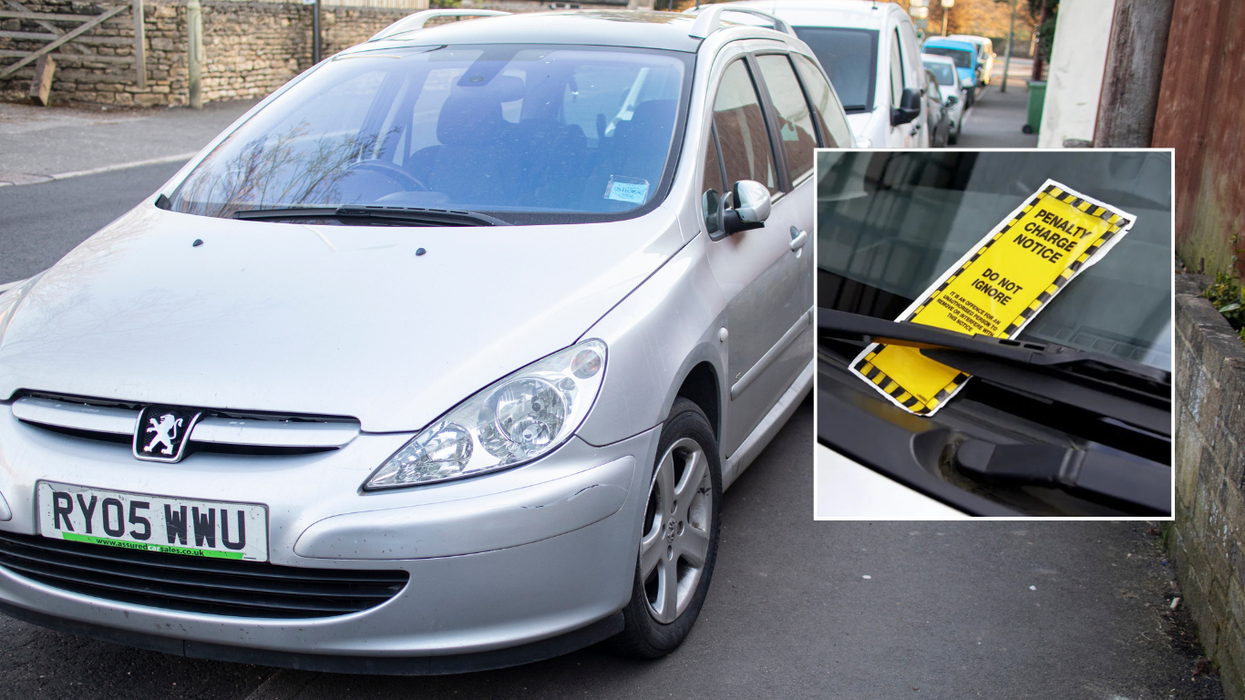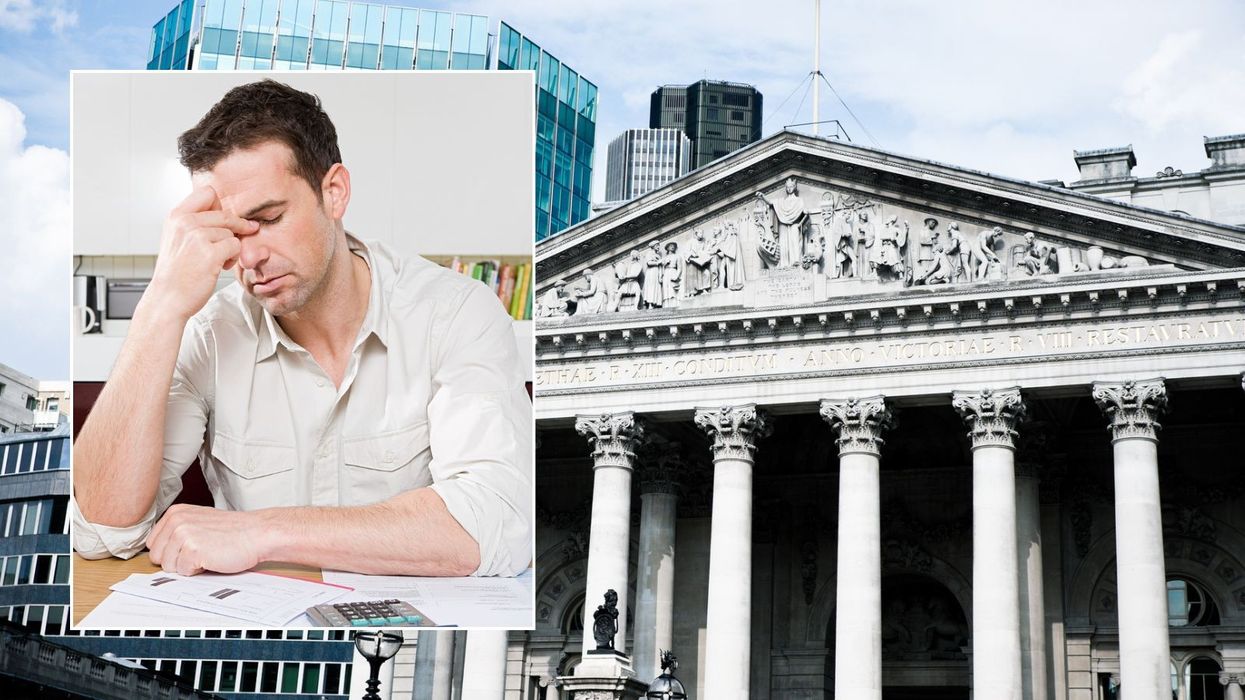The NHTSA has launched an investigation into Tesla's Full Self-Driving technology
REUTERS
Don't Miss
Most Read
More than 2.4 million Tesla electric vehicles have been placed under investigation by an automotive regulator over fears collisions could occur during poor weather conditions.
The United States National Highway Traffic Safety Administration (NHTSA) has launched an investigation into Tesla's popular Full Self-Driving (FSD) technology.
It aims to look at whether Tesla vehicles are more likely to crash when "entering an area of reduced roadway visibility conditions" with FSD-Beta or FSD-Supervised engaged.
Documents filed by the NHTSA warned that reduced roadway visibility arose from conditions such as sun glare, fog, or airborne dust.
Do you have a story you'd like to share? Get in touch by emailingmotoring@gbnews.uk
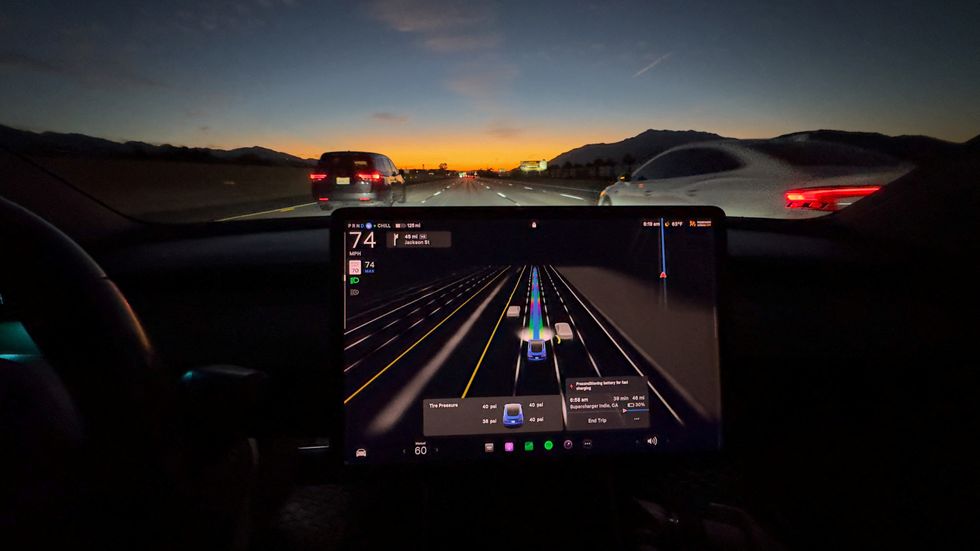
The Full Self-Driving technology has been a common feature in Tesla vehicles
REUTERS
It comes after an incident involving a Tesla resulted in a pedestrian being fatally struck, while another crash in the poor conditions involved a reported injury.
The investigation includes the 2016-2024 Model S and X, the 2017-2024 Model 3, the 2020-2024 Model Y and the 2023-2024 Cybertruck equipped with FSD.
The preliminary evaluation looks to assess the ability of FSD's engineering controls to detect and respond appropriately to reduced roadway visibility.
It will also see whether other similar FSD crashes have occurred in reduced roadway visibility. In the event that they have, the NHTSA will also look for another contributing circumstances.
One of the potential outcomes of this investigation could be to identify whether any updates or modifications need to be made from Tesla to the FSD system.
The NHTSA also stated that the review will "assess the timing, purpose, and capabilities of any such updates, as well as Tesla’s assessment of their safety impact".
It comes as Tesla founder and CEO Elon Musk looks to move forward with autonomous driving technology with the recent unveiling of the Tesla Cybercab robotaxi.
At a glitzy event in Los Angeles, California, the billionaire showed off the robotaxi, Robovan and Optimus humanoid robot, declaring that the "autonomous future is here".
The Cybercab is touted to cost less than $30,000 (£22,992), have operating costs of less than 20 cents (15p) per mile over time and use revolutionary inductive charging technology, rather than using plugs.
At the beginning of the unveiling, Musk arrived in a Cybercab, which does not have a steering wheel or pedals, before claiming that autonomous vehicles would be 10 to 20 times safer than human-operated vehicles.
Speaking in 2019, Musk previously stated that the net present value of a single robotaxi would be around $200,000 (£153,286), suggesting that there could be one million robotaxis on the road within a matter of years.
Tesla's biggest challenge in the autonomous ride-hailing industry is from Google-backed company Waymo, which is already operating in Phoenix, Arizona, and the California cities of Los Angeles and San Francisco.
LATEST DEVELOPMENTS:
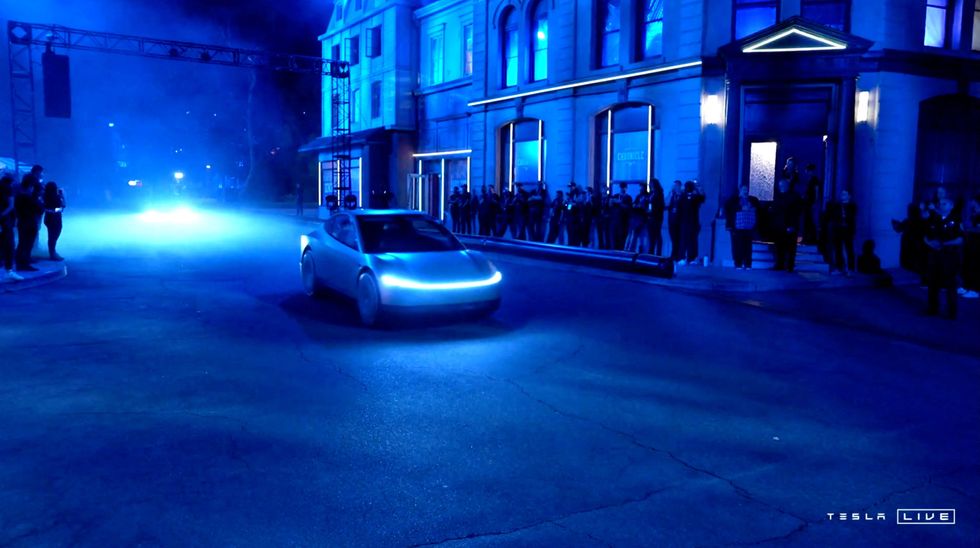
The Tesla Cybercab is expected to cost less than £23,000
REUTERSWhile the company does not manufacture any vehicles itself, Waymo has agreements with major car brands like Jaguar Land Rover, Mercedes-Benz, Stellantis and Volvo.
In 2023, Waymo vehicles travelled 7.13 million miles without the use of a driver, with data showing that the cars were 6.7 times less likely than human drivers to be involved in a crash.
GB News has reached out to Tesla for a comment.



